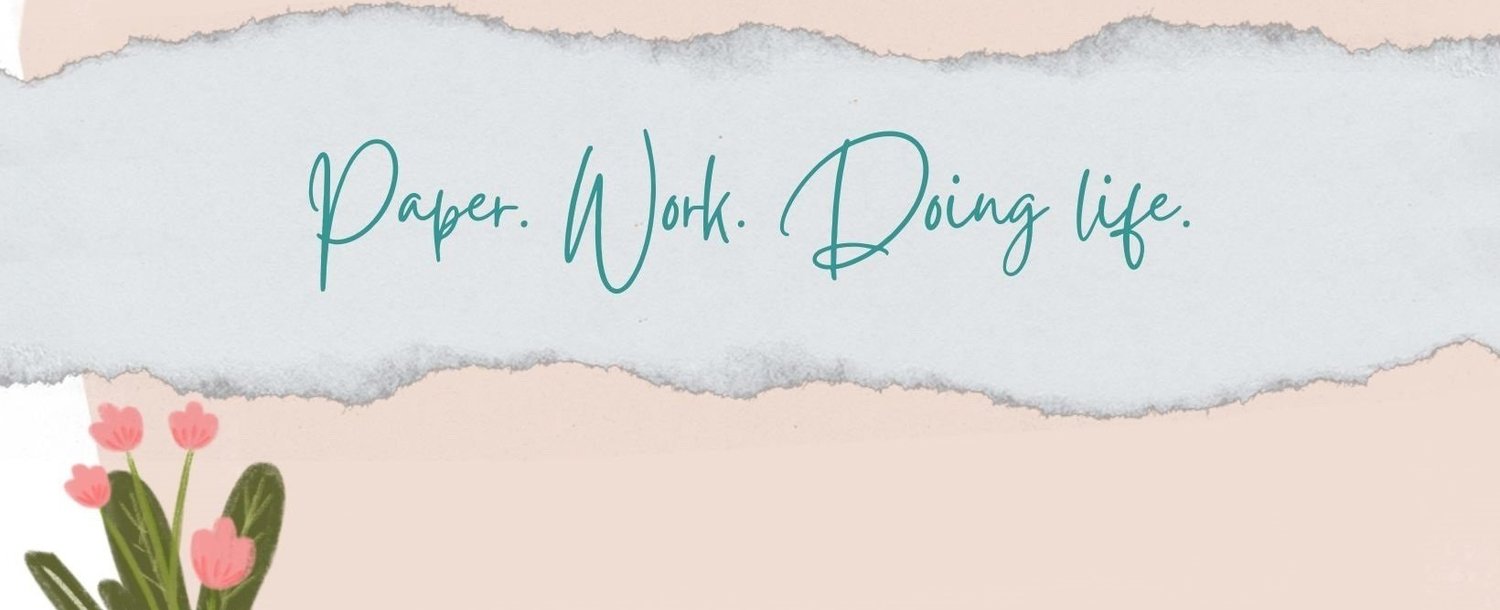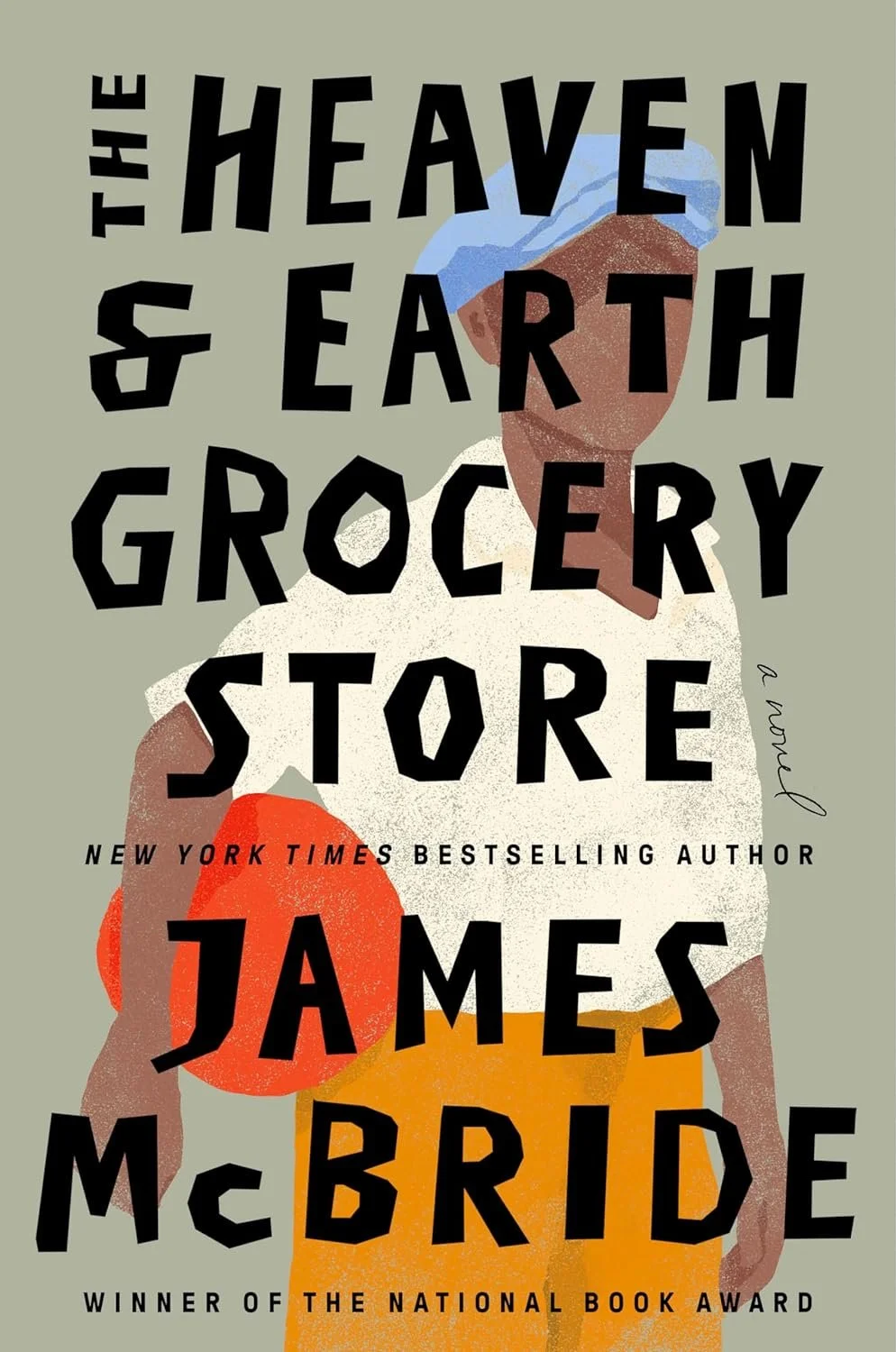Genre - Contemporary Fiction
Kristin Hannah’s The Women has been read, reviewed, discussed, and discussed again all over my social media and online reading. I was on a long waiting list. But finally, my copy came up. I set aside everything I had heard and pressed the play on my phone. I don’t think a traditional review from me would have much to contribute to the world at this point; you can find plenty, but I do have some things to say. If you haven’t heard, Hannah’s novel focuses on Frankie McGrath’s time serving in Vietnam as a nurse and then on her return home and what she faces there. Spoiler alert - it’s not pretty. The audiobook is narrated with the excellence we expect from Julia Whelan.
If you want perfectly accurate details about the Vietnam War, please seek out a nonfiction book on the subject - many, many exist. I didn’t google any of the details, but I have seen some complaints on social media about accuracy. If you want a book that captures the spirit of the times in the United States and Vietnam during and after the war, Hannah does so. She specifically focuses on, well, the women - women who fear the loss of sons, husbands, and lovers, women who wish to do so and must find a way (many like McGrath, as a nurse, women who are told again and again that there “were no women serving in Vietnam.” Hannah writes, “How did a woman open her world when no invitation had been issued?” How indeed.
One reader characterized Frankie as a spoiled socialite used to getting her own way. I wonder if that reader read the entire book.Frankie does come from privilege and gives it all up when she travels to Vietnam. Serving in combat situations is a great equalizer to be sure. She lived, worked, and relaxed in the same horrific conditions as everyone there. Her friends - who become closer to her than family - come from all different walks of life. These friendships extend well beyond Vietnam. I admit that she did return to privilege and benefited from it. But in the end she eschews its safety and strikes out on her own, creating a sanctuary for other women who served.
I suppose the notion that she is spoiled could stem from her well illustrated struggles with PTSD and with drug and alcohol addiction. If so, then the understanding of these issues is lacking. I appreciated Hannah’s honest depiction of the complexity of what Frankie experiences.
A number of folks expressed frustration with the second part of the novel. I get that in some ways I guess, An urgency exists in the beginning of the novel set in Vietnam. The romance is more intense. Adventure persists. Even celebrations are infused with suspense. However, I’m not sure the second part of the book isn’t the most important part. We see here the need for more care for returning veterans; we see the inequity that existed for returning women - “there weren’t any women in Vietnam.” While I think we are doing better as a country, I think much can still be done for our veterans - in helping them recover and return to life outside of combat zones.
I don’t think we can possibly be reminded too much about the difficulties surrounding the Vietnam War - and all who served. We must be very aware of how we treat those who are tasked with any form of military service. Women, we must remain aware of that from which we come. While the 70s are farther away than I’d like them to be, they are not that long ago. Countless people like Frankie paved the way for me to have many more choices than she may have. Finally and perhaps most importantly, I loved the strength of her friendships. Her strength comes in great part from her closest friends. And she supports them in their battles as well. The Women by Kristin Hannah is a beautiful reminder of how grateful I am for the women in my life who support me unconditionally.




















